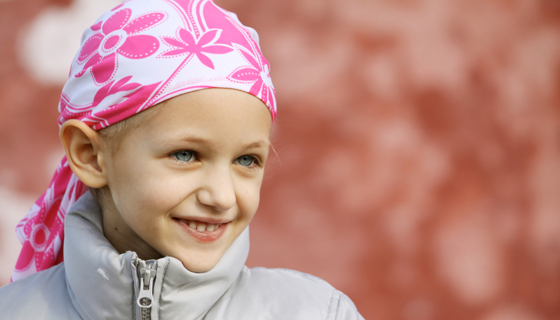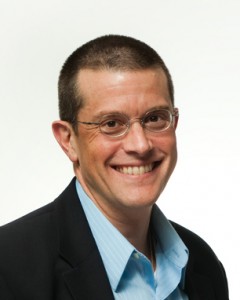 New research co-led by scientists at UBC, the BC Cancer Agency and Toronto’s Hospital for Sick Children offers a simple explanation as to why new and experimental treatments fail for children with recurrent medulloblastoma: the biology of the brain tumours transform after the condition has been diagnosed.
New research co-led by scientists at UBC, the BC Cancer Agency and Toronto’s Hospital for Sick Children offers a simple explanation as to why new and experimental treatments fail for children with recurrent medulloblastoma: the biology of the brain tumours transform after the condition has been diagnosed.
The study, published online this month in Nature. used whole genome sequencing to test matched pairs of tumour samples from 33 children with medulloblastoma, the most common cancerous brain tumour in children. Each pair included tissue removed at diagnosis (before the child began any form of therapy), and at the time of cancer recurrence (after undergoing therapy). The scientists found a substantial genetic change in the recurrent tumours (under 12 per cent).
They also treated genomic ‘humanized’ mouse models with surgical and radiation therapies, finding a poor overlap (under 5 per cent) between recurrent tumours and untreated diagnostic samples.
In both mice and humans, the dominant genetic target at recurrence was different from the one identified at diagnosis.
Their findings suggest that targeted therapies tested on, and found to successfully treat initial untreated tumours in the lab, are ineffective in treating recurrent tumours because the identified targets in the initial tumour are absent in the recurrent tumour.
“Almost all of the research done to understand the biology of childhood brain cancer, and to identify new drugs that might work, is done using tumour tissue removed at the time of the first surgery, before the children have received any radiotherapy or chemotherapy,” said Michael Taylor, co-principal investigator of the study and a Senior Scientist at The Hospital for Sick Children (SickKids). “Conversely, almost all of the experimental drugs that are identified are then tested in clinical trials that enroll children who have received extensive therapy of their cancer. This work flow is based on the assumption that the biology of the tumour when it is first diagnosed is very similar to the biology of the tumour after it has been treated.”
Medulloblastoma is known to be difficult to successfully treat, and side-effects from current therapies, including chemotherapy, radiation and surgery, can have a devastating impact on a child’s developing central nervous system. Nearly 30 per cent of cases result in a recurrence of the tumour, which is nearly universally fatal.
Clinical trials testing new drugs for children with brain cancer have generated very few success stories over the past few decades. New, biologically based treatments for childhood brain cancers – the most common type of solid cancer in children – are rare.
“We need to use new drugs discovered to be effective against pre-therapy tumours in children who have not yet received standard therapy,” said co-principal investigator Marco Marra, a Professor in the Department of Medical Genetics, and Director of the Genome Sciences Centre at the BC Cancer Agency. “We hope that this insight will allow us to stop doing clinical trials where the target of the drug is no longer present, and the chance for success is zero, but rather lead to an era where the target is always present when we use a drug.”
“This simple explanation could change the way we test drugs in children,” says Taylor, who is also Principal Investigator at the Arthur and Sonia Labatt Brain Tumour Research Centre at SickKids and Associate Professor in the Departments of Surgery and Laboratory Medicine and Pathobiology.
